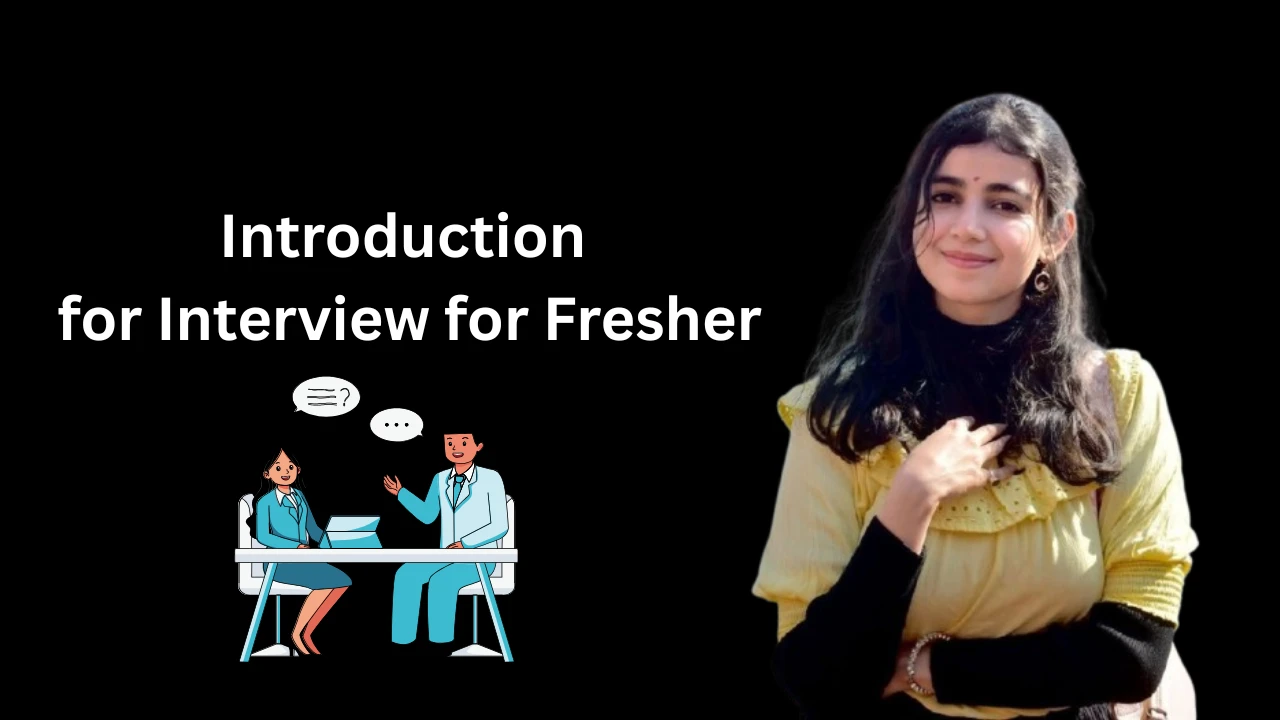How to Prepare for an Off-Campus Drive Successfully: Landing your dream job through an off-campus drive is one of the most exciting yet challenging journeys for fresh graduates and job seekers. Unlike campus placements, where opportunities come directly to your college, off-campus drives demand extra effort, strategy, and preparation. With thousands of candidates competing for limited positions, you must be ready with the right plan to stand out and succeed.
How to Prepare for an Off-Campus Drive Successfully
In this blog, we’ll provide a step-by-step guide to preparing for an off-campus drive successfully, covering everything from resume building, aptitude test strategies, technical preparation, interview tips, and essential soft skills.

1. What is an Off-Campus Drive?
An off-campus drive is a recruitment process organized by companies to hire fresh graduates or experienced candidates outside of college campuses. Candidates from multiple colleges and backgrounds can apply. These drives can be conducted online or in physical venues, and they usually include aptitude tests, technical rounds, group discussions, and HR interviews.
2. Why Off-Campus Drives are Important
- Wider Opportunities: Not every company visits every campus. Off-campus drives give you access to global MNCs and startups.
- Equal Platform: Candidates from different universities compete fairly based on their skills.
- Second Chance for Job Seekers: If you missed campus placements, off-campus drives are your best option.
- Exposure: You get real-world recruitment experience, which improves your career readiness.
3. Key Challenges in Off-Campus Recruitment
- High Competition: Thousands of applicants for a limited number of jobs.
- Limited Information: Unlike campus placements, guidance is minimal.
- Stressful Environment: Managing rejection and staying motivated is tough.
- Self-Preparation Required: You must prepare independently without much college support.
Understanding these challenges helps you create a personal strategy to crack off-campus drives.
4. Step 1: Research and Shortlist Companies
Start by identifying companies that align with your skills and career goals.
- Follow official company websites and career portals.
- Track job updates on platforms like Naukri, LinkedIn, Indeed, and Glassdoor.
- Join Telegram groups, WhatsApp job alerts, and placement communities.
- Shortlist companies based on your preferred role, location, and skills.
SEO Tip: Use keywords like “off-campus drive 2025 updates” or “latest IT off-campus jobs for freshers.”
5. Step 2: Build a Strong Resume and LinkedIn Profile
Your resume is the first impression. Make sure it stands out.
- Keep it one-page, clear, and professional.
- Highlight projects, internships, and certifications.
- Showcase skills relevant to the job role (e.g., Python, Java, Data Structures, SQL).
- Avoid grammar mistakes and use action-oriented words.
- Optimize your LinkedIn profile with keywords like “Java Developer | Data Science Enthusiast | 2025 Graduate.”
Remember, recruiters often search LinkedIn for candidates before inviting them for drives.

6. Step 3: Master Aptitude and Reasoning Tests
Most off-campus drives begin with an aptitude test.
- Focus on Quantitative Aptitude, Logical Reasoning, and Verbal Ability.
- Use resources like RS Aggarwal, IndiaBix, and PrepInsta.
- Practice time management since most tests are speed-based.
- Attempt mock tests regularly to improve accuracy.
Aptitude is the first elimination round—clear it confidently to move forward.
7. Step 4: Strengthen Your Technical Knowledge
For technical roles, companies focus on core concepts.
- Review C, C++, Java, Python basics.
- Revise Data Structures and Algorithms (DSA).
- Study OOPs, DBMS, Operating Systems, and Computer Networks.
- Prepare short notes for quick revision.
Pro Tip: Many off-campus drives ask MCQs on technical concepts—don’t ignore them.
8. Step 5: Practice Coding and Problem-Solving
Coding is a major part of IT and software off-campus drives.
- Practice daily on platforms like LeetCode, HackerRank, GeeksforGeeks, and CodeStudio.
- Focus on easy-to-medium level coding problems.
- Learn pattern-based questions as they frequently repeat in exams.
- Understand problem-solving, not just syntax.
Example questions include:
- Reverse a linked list
- Find the longest substring without repetition
- SQL queries for employee database
9. Step 6: Work on Communication and Soft Skills
Apart from technical knowledge, soft skills matter.
- Practice spoken English and presentation skills.
- Improve email writing etiquette.
- Learn to answer HR questions smartly (e.g., Tell me about yourself, Why should we hire you?).
- Develop confidence and clarity in communication.
10. Step 7: Mock Interviews and Group Discussions
Simulate real interview experiences.
- Participate in mock interviews with friends or mentors.
- Record yourself and analyze weak areas.
- For Group Discussions (GD):
- Speak with confidence,
- Respect others’ opinions,
- Add facts and examples to strengthen your points.
Mock practice improves your confidence and performance in actual drives.
11. Step 8: Networking and Referral Approach
Networking can be a game-changer.
- Connect with alumni and employees on LinkedIn.
- Request referrals politely.
- Attend career fairs, webinars, and workshops.
- Join professional communities related to your field.
Sometimes, referrals increase your chance of getting shortlisted.
12. Step 9: Stay Updated with Job Portals and Company Websites
- Regularly check company career pages for openings.
- Subscribe to job alert emails.
- Follow hiring announcements on social media.
Being proactive helps you apply before deadlines.

13. Common Mistakes to Avoid in Off-Campus Drives
- Submitting a generic resume without customization.
- Ignoring aptitude and communication skills.
- Depending only on one job portal.
- Not preparing for basic HR questions.
- Losing motivation after rejection.
Remember: Every rejection is a step closer to success.
14. Final Tips to Succeed in an Off-Campus Drive
- Be consistent in your preparation.
- Apply to multiple companies instead of waiting for one.
- Maintain a positive mindset.
- Track your progress and improve weak areas.
- Believe in your abilities—confidence matters!
Conclusion
Preparing for an off-campus drive successfully requires a mix of technical skills, aptitude, communication abilities, and the right mindset. With proper research, consistent practice, and strategic preparation, you can crack any off-campus recruitment process and secure your dream job.
The journey may be tough, but with dedication and persistence, success is guaranteed. Start early, stay focused, and don’t let failures stop you. Remember, companies are always looking for skilled, confident, and motivated candidates—make sure you become one of them.




